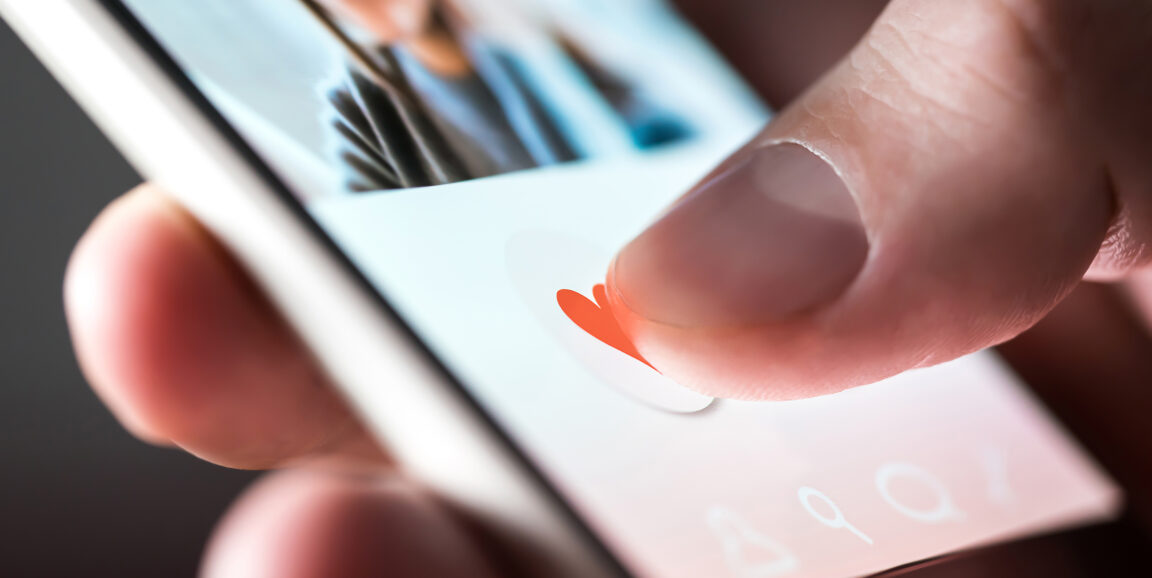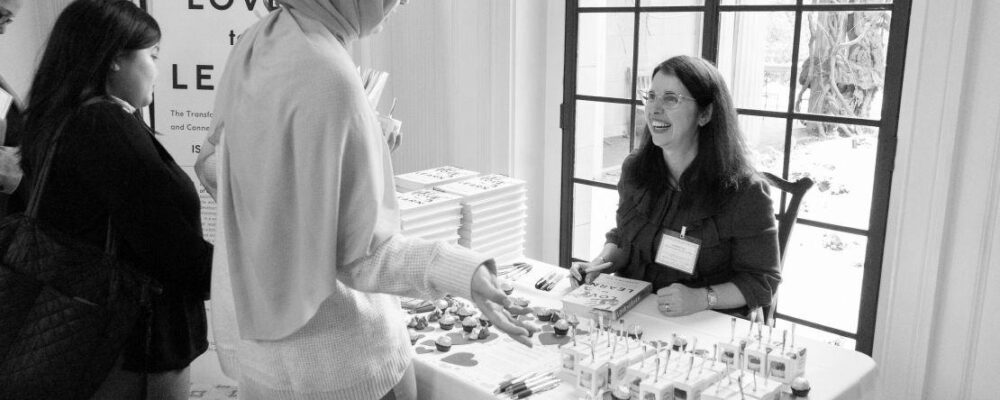Satisfaction with online dating app depends on what you’re looking for
Author Nina BaiPublished on July 6, 2023July 6, 2023
With an estimated 75 million active users each month, Tinder is the most popular dating app in the world. But a new study by Stanford Medicine researchers and collaborators has found, surprisingly – though perhaps not to users of the app – that many users are not swiping for dates.
In a survey of more than a thousand Tinder users, half said they were not interested in meeting offline, and nearly two-thirds were already married or “in a relationship.”
In fact, the psychological motivations behind people’s use of the app varied widely and had a strong influence on their satisfaction with the app and the dates it led to, according to the study published June 23 in Cyberpsychology, Behavior, and Social Networking. For many people, online dating has a similar appeal as social media – a source of entertainment, distraction and self-esteem – and may have similar pitfalls, said Elias Aboujaoude, MD, clinical professor of psychiatry and behavioral sciences and an author of the study.
Multiple motivations
Despite the popularity of online dating, research on people’s experience with dating apps is lacking. “I was quite struck by how little data there was when it comes to how satisfied people were with online dating in general and with the offline dates that it can result in,” Aboujaoude said.
To explore the dating app experience, he and colleagues from France and Switzerland surveyed 1,387 English-speaking Tinder users, ages 17 to 84, asking about their motivations for using the app; the number of matches and offline dates they had; their relationship status; their selectiveness in choosing partners; and, among other factors, psychological measures like impulsivity, depression, loneliness and self-esteem. All data were self-reported through an online questionnaire. The users also rated their overall satisfaction with the app, as well as their satisfaction with offline dates.
“The surprising part is that a big percentage, about half, were not going online to find dates,” Aboujaoude said. “It becomes an interesting question as to why someone would spend all this time on a dating app if they’re not interested in finding a date.”
Besides looking for committed romantic partners or uncommitted sex partners, many people reported using the app for social connectedness, for entertainment and distraction, to increase positive emotions, and to cope with negative ones.
“We call them dating apps, but they’re clearly serving other functions besides dating,” Aboujaoude said.
Predictors of satisfaction
On average, study participants rated their overall satisfaction with Tinder a 2.39 on a 4-point scale. Offline dates came in at an average of 3.05 on a 5-point scale.
The researchers developed a machine learning model to determine how strongly each variable predicted satisfaction with the app. Variables with the strongest positive influence – meaning it led to more satisfaction with the app – included using the app for its intended purpose of finding romantic partners or people to socialize with, and a greater number of “matches”. In contrast, those with the strongest negative influence – leading to less satisfaction – included using Tinder to cope with negative emotions, an avoidant attachment style (being more guarded in relationships), and psychological qualities like impulsivity (especially lack of premeditation and perseverance) and depressive mood.
The results suggest that online dating is an ineffective coping mechanism for those facing mental health challenges, Aboujaoude said. As someone who has studied problematic internet use for 15 years, he drew parallels to social media use, which can exacerbate conditions like depression, anxiety and low self-esteem.
“You need to work on the unhealthy coping mechanism, but you also need to address what it is that you’re trying to cope with,” he advised. “If it turns out there’s an actual mental health condition, be it depression, ADHD, anxiety or something else, we don’t want that to go undiagnosed. There are established treatments that can be very effective for those conditions.”
The variable that most strongly predicted higher satisfaction with Tinder-generated offline dates was age. Perhaps older people who did not grow up with dating apps approach them with a healthy level of circumspection and tend to be more selective in their matches, Aboujaoude said.
“I think the average user could probably learn from this finding and be happier with their online dating experience,” he said.
Photo by terovesalainen
“Stanford University, officially Leland Stanford Junior University, is a private research university in Stanford, California. The campus occupies 8,180 acres, among the largest in the United States, and enrols over 17,000 students.”
Please visit the firm link to site






